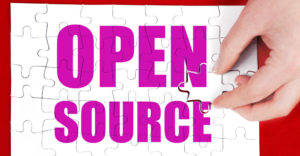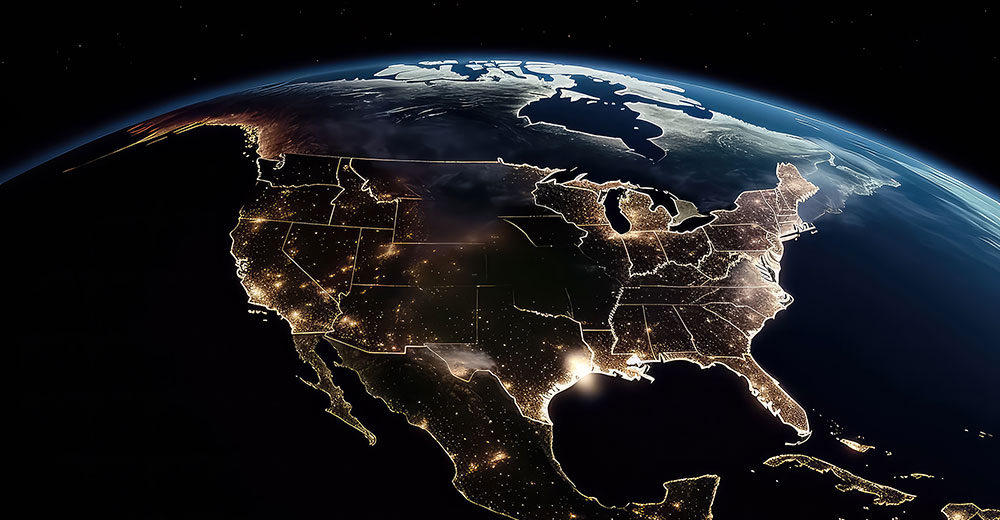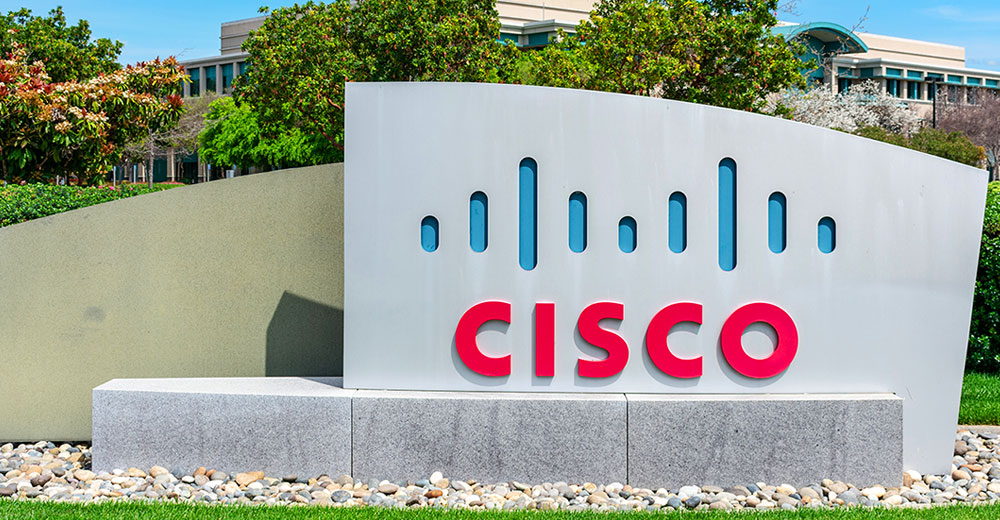
FSF’s Star Turn in the Android FUDathon, Part 3
“Strike while the iron is hot” — and the usual suspects have made Android licensing a hot issue. However, the title of the FSF article, “Android GPLv2 termination worries — one more reason to upgrade to GPLv3,” gives the game away. This is about politics, not licensing. About pushing a specific agenda. About promoting the GPLv3 license at the expense of the GPLv2, Linux, Android and reality.
It’s natural that there will be people and organizations engaging in bit of opportunistic profile-raising when they see an opportunity. Sometimes, as with the FSF GPLv2 FUD, they overreach and need to be called on it. And sometimes they really put their foot in it, as the Linux Foundation’s Jim Zemlin did when he recently labeled businesses that don’t contribute back code as “idiots.”
One Size Does Not Fit All
If the GPLv3 were so wonderful, there would be no need to post articles saying, “Companies that sell products that use Android can help out by encouraging the developers of Linux to make the switch to GPLv3.” Especially when the reality is that releasing the decryption keys to unlock mobile systems would kill Android on Linux, and the developers are already on record as saying they have no problems with the current license and have better things to do with their time.
The social and political objectives of the FSF (and by extension, gnu.org) are not always the same as other members of the community. In a world with various shades of grey and different needs and goals, the reality is that one license does not fit all projects, and zealotry is ugly.
What Isn’t Free Software?
When I go to the Free Software Foundation home page, I see this:
you deserve to use software that is:free from restrictionfree to share and copyfree to learn and adaptfree to work with others
you deserve free software.
Critics have rightly pointed out that by this definition, the GPL does not meet these standards. This doesn’t make it a bad license — sharing source code benefits everyone involved. However, heavy-handed attempts to impose further restrictions on end-users beyond the license, or to ask people to harass developers to switch, just come off as “sturm und drang” by nitpickers. Hopefully this doesn’t presage the rise of the GNUstapo.
Some Takeaways
- If you are a coder, do not give up your control over your work by assigning copyrights to an organization that says “trust us.” They may decide at some future date to “leverage” your code in ways you never intended;
- Remove any references to “or any later version” of the license. If you wouldn’t give them a blank check, don’t give them the license equivalent;
- Keep in mind how a magician will always try to get you to focus your attention on one hand, so you don’t see what the other hand is doing. The original article overemphasizes section 4 of the GPL to make a case for “permanent” risk, in the hope that you won’t notice the ease of obtaining a new license without encumbrances in section 6, or ignore the fact that take-it-or-leave-it licenses are always interpreted in the recipients’ favor;
- Don’t believe everything the license says. The GPL says that you have no rights if you do not accept the license, which is simply not true. The GPL (any version) only applies to the extent that copyright law currently allows it. Post-Feist, there are more restrictions on what is actually copyrightable. There is no “sweat of the brow” copyright, nor other material that fails to meet, even slightly, the constitutional basis for copyright — to “promote the progress of science and useful arts,” aka encouraging creative expression;
- If someone is particularly nasty, keep in mind that courts have also held (Assessment Technologies v. Wiredata) that even the copying of complete copyrighted programs without the copyright holders’ permission is allowed if the only way to extract non-protected data is to do so, and that abusive copyright holders can lose their rights;
- There are always alternatives, whether it’s a particular program, a toolchain, or an operating system.
The Ultimate Consequences
Casting doubt on Android and Linux licensing has two easily discernable effects. Manufacturers, for their part, will be more likely to consider other platforms, and who can blame them?
And it’s a safe bet that Google is working on a BSD-hosted version of Android as a fallback. I know if I were them, that’s what I’d be doing, just in case.
















































"Don’t believe everything the license says. The GPL says that you have no rights if you do not accept the license, which is simply not true. "
Both v2 and v3 say you do not need to accept to run the software, and that the application is only assumed when you do something that a copyright law requires permission of the authors to do.
As a general principle of law a court is not allowed to presume that you did something illegal, therefore the presumption is that you accepted the GPL when you modified or otherwise redistributed the progam. Included a clause saying the same in the GPL is simply fair warning about current jurisprudence.
It’s also written fairly vaguely as a catch all to any jurisdictions’ copyright laws. v3 even has a clause stating "This License acknowledges your rights of fair use or other equivalent, as provided by copyright law."
Thank you for your input. I’d like to just point out that when there’s a conflict between the terms of a contract and the law, the law prevails (and not just because they have the guns).
In this particular case, you don’t have to accept the license to use the rights granted you by law, and any such provision is of no effect.
So, the GPL is over-stepping a bit when they write in section 5:
"5. You are not required to accept this License, since you have not signed it. However, nothing else grants you permission to modify or distribute the Program or its derivative works. These actions are prohibited by law if you do not accept this License."
This is simply not true. For example, copyright law allows you to strip out all the protected elements (items that copyright covers), and then use the rest of the file in any way whatsoever, including distribution, since there is nothing left that needs any copyright holders’ permission.
This is what Google did with the Linux kernel headers, and Linus Torvalds said he had no problem with it – it’s how he understands copyright to work.
So no, don’t believe everything the GPL says – or what its’ proponents say. There will always be exceptions and corner cases. It’s a good license, but it’s not perfect – no license is, which is why we have different licenses to achieve different goals.
"This is simply not true."
It is. You simply don’t need anyone’s permission for fair use. If you don’t need permission, and you don’t have permission then there isn’t any problem legally. A problem only arises when you need permission but don’t have it.
Also the Linux headers are explicitly excepted from the GPL so the point is moot. Perhaps it is fair use, and perhaps not. Anything that interfaces the kernel though the headers is not contaminated by the GPL because linus has specifically excluded them.
from my /usr/src/linux/COPYING
" NOTE! This copyright does *not* cover user programs that use kernel services by normal system calls – this is merely considered normal use of the kernel, and does *not* fall under the heading of "derived work"."
Because the law you want your contract to be protected under is what governs the terms, the contract if at all possible should be interpreted in the manner which is most consistent with that law. You should not presume a conflict unless there is no reasonable way not to do so.
The GPL tries to make the claim that there are no ways to use any of the content of a GPL-licensed file other than by accepting the license.
Copyright law says otherwise, and lists several exemptions.
One of them is that the portions that are not copyrightable are usable by anyone, without having to accept the license.
There are also other exemptions, such as fair use and critique (in the US), and further exemptions, such as, in Canada, news reporting (which also extends to video and other media).
In the case of the linux headers, what you are quoting is the use of the file, such as linking. The "linux headers issue" was that Google had copied only portiosns of the headers without also preserving the copyright or GPL notices – they didn’t have to, because the sections they copied were not protectable under copyright law, being either facts, "faire a scene" material, or strictly functional, none of which are subject to copyright in the first place.
So, the GPL is wrong when it says that you *have* to accept the license – you simply don’t always have to. The law takes precedence over the GPL.
You wrote:
"Because the law you want your contract to be protected under is what governs the terms"
Sorry, but it’s not "the law you want" – you don’t get to pick and choose what parts of the law apply to a contract – you have to develop your license within the context of the law, both contract law and copyright law.
The parts of the GPL that attempt to copyright non-protectable portions of a file can be ignored, and anyone can copy them and do what they wish, without having a license imposed on them. You also don’t have to accept the license under other circumstances where copyright or contract law extends other rights.
You also wrote:
"the contract if at all possible should be interpreted in the manner which is most consistent with that law."
… the contract *will always* be interpreted in the manner which is consistent with the law, not "most consistent with the contract." To the extent that the two are in conflict, the law will always prevail … that is the law 🙂
Simply put, any portion of a license or contract that is contrary to the law (contract, copyright, general law) is invalid. In the case of the GPL, the claim that nobody can make use of any portion of a GPL-licensed file under any circumstances is contrary to copyright law, and to the extent that it conflicts, the law prevails, not the GPL.
Copying the unprotectable portions of a GPL-licensed file is not only legal – you don’t even have to include the GPL or the original author’s copyright on the result. That’s the way copyright works, and the GPL simply cannot change it. "Unprotectable portions" means just that – no copyright interest whatsoever, and no ability to claim that they’re protected by the GPL.
Too many people believe that slapping a copyright notice on something always gives them the right to dictate how a file is used. This has never been true, and the Supreme Court clarified this in Rural vs. Feist.
We both believe the GPL has the same legal effect.(These are some fairly subtle points I’m trying to make)
I think it’s just sufficient to point out copyright + GPL is no more restrictive than just opyright. So far as copyright applies, you do *have* to accept the licence. So far as it doesn’t apply, the GPL is irrelevant. The legal hook is the copyright law. (Though this could be worded more clearly)
For instance nobody has seriously argued that that clause means once someone releases thier code under the GPL that they can’t re-release it under the BSD licence or the Windows EULA as well, even though a literal reading might suggest this.
Nobody would argue either that the GPL prevents copying or modification after the term of copyright has expired because it claims itself as a copyright licence, rather than a simple contract.
There is no tension between the legal meaning of the GPL and copyright law. The GPL only has legal meaning in light of some copyright law. There is no conflict.
How do you do normal system calls without the constants, structures, and macros strictly necessary to do so? (And that’s all that the Bionic library copied.) It’s not like there are a hundred different ways to link into a system call.
Of course google does have other defenses available and would use all three (COPYING/ estoppel, Fair Use, and not copyrightable) should it end up in court (almost no chance anyways).